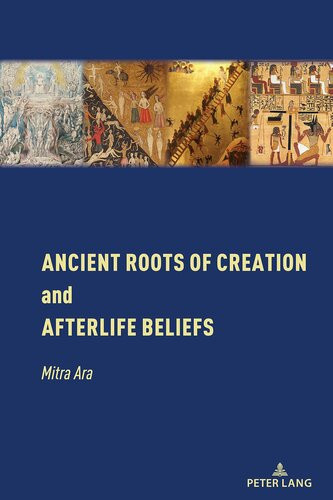

Most ebook files are in PDF format, so you can easily read them using various software such as Foxit Reader or directly on the Google Chrome browser.
Some ebook files are released by publishers in other formats such as .awz, .mobi, .epub, .fb2, etc. You may need to install specific software to read these formats on mobile/PC, such as Calibre.
Please read the tutorial at this link: https://ebookbell.com/faq
We offer FREE conversion to the popular formats you request; however, this may take some time. Therefore, right after payment, please email us, and we will try to provide the service as quickly as possible.
For some exceptional file formats or broken links (if any), please refrain from opening any disputes. Instead, email us first, and we will try to assist within a maximum of 6 hours.
EbookBell Team

4.4
102 reviewsInterdisciplinary and cross-cultural research, aided by linguistics, archaeology, and prehistoric and historic data, provides a view of sacred and secular life in ancient times. In every Near Eastern and Indo-Iranian religion there was a belief in an orderly cosmos and society which could be troubled by an unorderly force. The social and political aspects of a society were organized and maintained by that cosmic order, and interpreted and reinforced by the religious authorities and heads of states. The cosmogonic and eschatological myths are reinforced in a society in the same manner. They justify the process of the creation and also the ensuing historical chronicles as understood by a society. Since the creation and beginning of everything are experienced and not historically documented, they are categorized as mythical. As an example, in Judaism, Christianity, and Islam, the doctrine of creation is solely based on the Book of Genesis; consequently, the religious concepts and theories regarding creation and humanity are constructed on the very same creation story. This book explores the religions of the Ancient Near East and their branches to explain their Semitic and Indo-European roots, their reverence for order and fear of chaos, heavenly rewards and unheavenly retributions, judgment and punishment, and their perspectives on death and the afterlife.